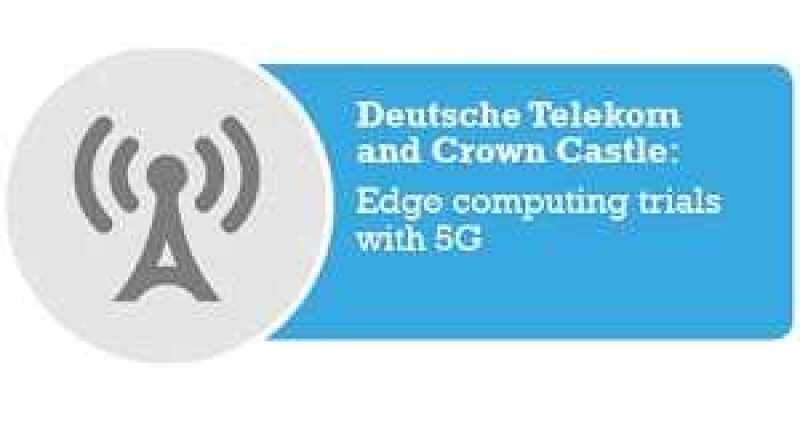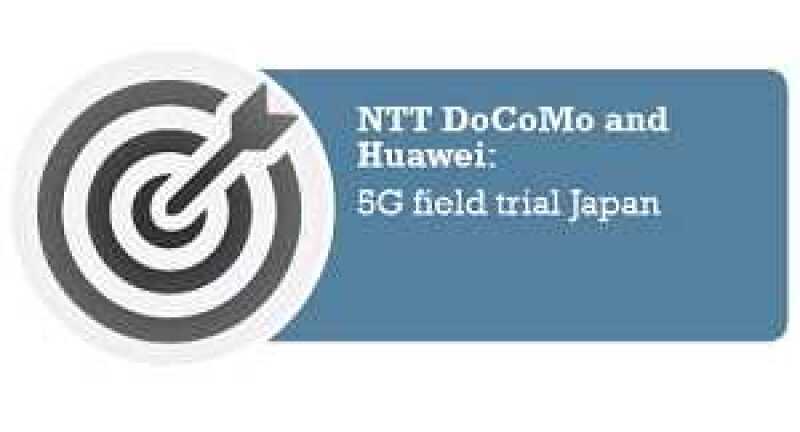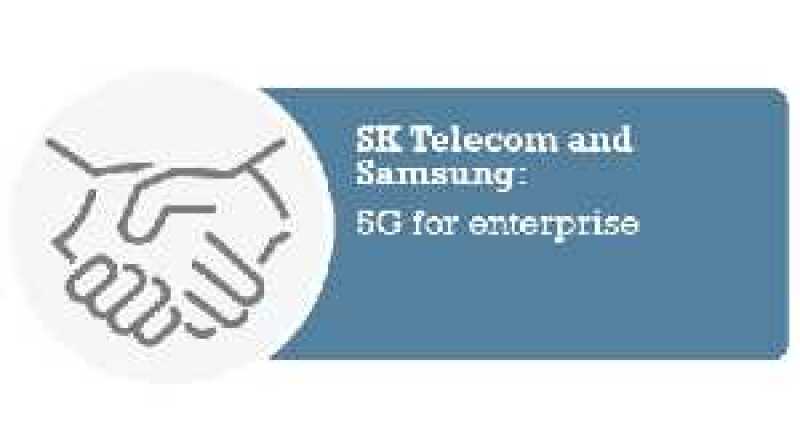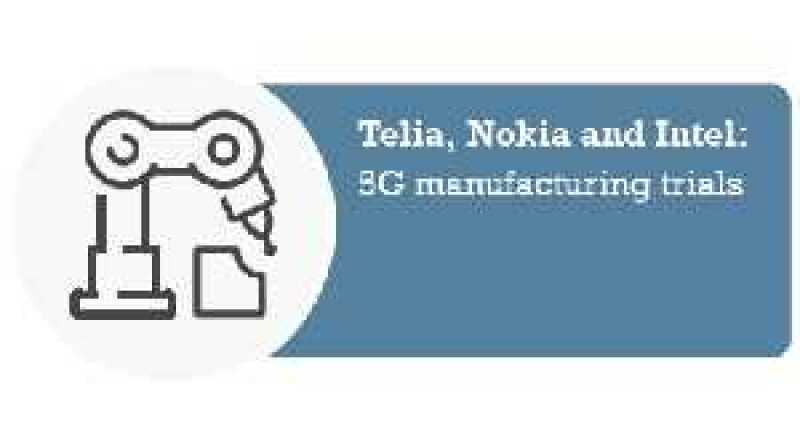5G is no exception. Through the various global field trials, we see first-hand the applications of the mobile technology for the end user and have a better understanding of its limits and benefits. Given that 5G has been some ten years in the making, there are too many projects to include them all in our list, but here are ten of the more recent ones, covering new ground in the 5G space.

China Unicom and Huawei entered into a joint agreement to research the application of 5G network slicing. The project will have a particular focus on key technologies and solutions for China Unicom’s 5G network slicing services and applications as well as jointly promote industry chain development, and applying slices to different industry verticals such VR/AR gaming and the internet of things. “We hope that both parties can jointly build a new 5G slicing ecosystem in 2018 and 2019,” said Zhang Yong, president of China Unicom network technology research institute. ICON Scissors.

Deutsche Telekom launched an edge-computing lab in the US in collaboration with Crown Castle, the tower and fibre provider. The project called Living Edge Lab is an ultra-low latency mobile testbed, which has been launched at three sites on-premise at Carnegie Mellon University, Pittsburgh. Deutsche Telekom says that the testbed combines a fully softwarised network with a modular RAN platform. The wireless access in the 3.5GHz band uses advanced LTE and 5G features such as massive MIMO, active antenna systems and beamforming technology.

NTT DOCOMO and Huawei are developing what it calls the “world’s earliest and most high-profile 5G launches” aiming for commercial deployment in time for the 2020 summer Olympics in Tokyo. During a large-scale field trial of 5G on the C-band in Japan, the two companies verified 5G NR technologies by developing a macro cell that comprises a C band base station with 200MHz bandwidth, massive MIMO and f-OFDM. The tests took place at the Yokohama media tower achieving an average user throughput of 11.29Gbps with 24 layers.

NTT DoCoMo achieved a maximum speed of 27Gbps in a 5G automotive proof of concept it carried out with Mitsubishi Electric. The trial took place in Kamakura, south of Tokyo, using a single mobile 5G terminal on a moving vehicle over communication distances of 10m and 100m, achieving 27Gbps and 25Gbps respectively, using the 28GHz radio frequency. Base-station antennas were installed on the wall of a building directed beams to mobile-terminal antennas installed on the rooftop of a moving vehicle.

Ericsson and PLDT subsidiary, Smart Communications signed a memorandum of understanding in August 2018, to develop 5G technology in the Philippines. Under the terms of the agreement, the two will deploy a 5G pilot network in Luzon, the biggest and most populated island in the Philippines, which is due to go live in early 2019. The pilot will use Ericsson’s 5G Radio Access Network, core and transport solutions, allowing Smart Communications to explore industry partnerships and further develop 5G innovations.

SSE Enterprise Telecoms, Three UK and Telefónica’s O2 have agreed to build a 5G fibre ring in London. SSE is to build the London network for both Three and O2; using fibre largely installed in Thames Water’s wastewater sewers in the capital. SSE said the fibre ring would “significantly enhance Three UK and O2’s connectivity backhaul capabilities and pave the way for further 4G and 5G deployment by connecting cell sites and masts”. “Networks will underpin the UK’s digital economy and are essential to 5G services,” said Colin Sempill, managing director at SSE.

In September, SK Telecom was one of three operators in South Korea to go live with commercial 5G services. Prior to that, the telco was working closely with Samsung to research and develop 5G, specifically in mobility enhancement for 3.5GHz and 28GHz millimetre-wave spectrum bands, widen coverage, and enhance 5G use cases. During the trial the two developed a 3.5GHz 5G end-to-end network- made up of a 5G virtualised core, virtualised RAN, a distributed unit and test device - based on the 3GPP 5G New Radio standards.

Saudi Telecom Company and Cisco are working together on the development of 5G communications and networks in Saudi Arabia. Cisco will work closely with STC on its architectural transformation to develop the commercial potential of 5G mobile networks. STC will be able to provide advanced network services, such as low-latency, which will also act as a key differentiator for the company. The collaboration between the two will support STC’s transition into a digital service provider, as well as to assist the company in delivering Saudi Arabia’s 2030 Vision and National Transformation Plan.

Telia, Nokia and Intel successfully carried out an industrial trial in March using 5G to improve the time sensitive applications and enhance productions in manufacturing.
Using 5G, operators and businesses are able to connect assets and take advantage of new capabilities such as machine learning, artificial intelligence, and automation to transform operations. Nokia and Intel worked with Finnish software start up, Finwe at the Nokia base station Conscious Factory in Oulu, using a trial 5G radio access network operating in the 28GHz frequency band.

Verizon trialled over-the-air calls using a 3GPP-compliant 5G New Radio making it the first operator to demonstrate the new technology. Verizon partnered with Nokia and Qualcomm to trial the calls using millimetre wave spectrum. It was carried out at Nokia’s New Jersey test facility, using the Finnish vendor’s 5G network technology on a prototype device that was supplied by Qualcomm to make a test call. “With this first 3GPP NR standards-based connection, Verizon continues to lead the development of 5G technology,” said Ed Chan.






